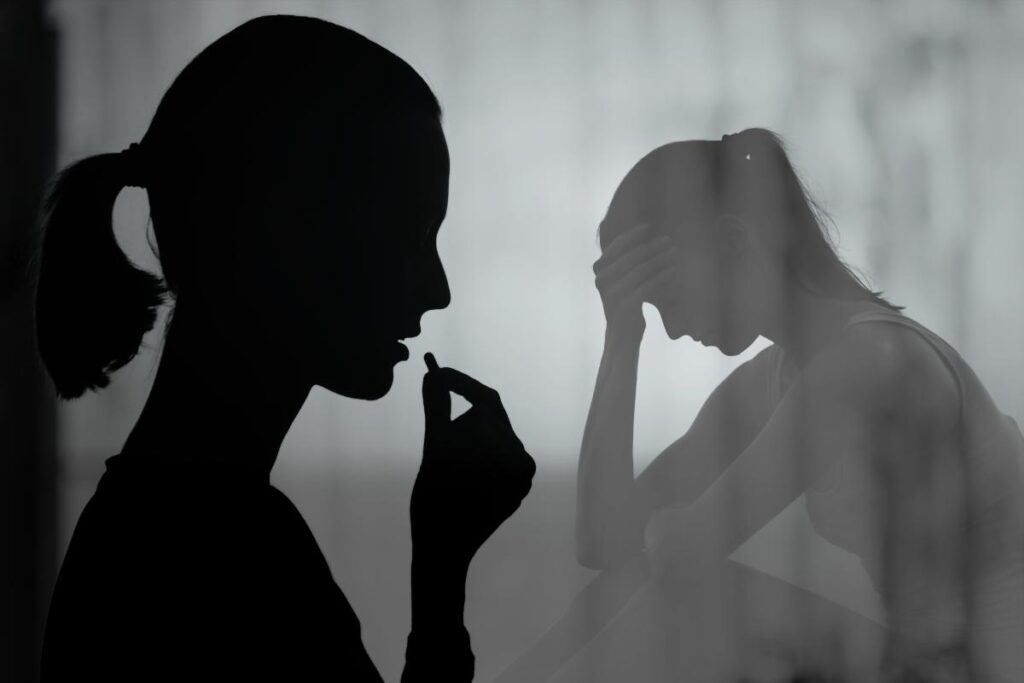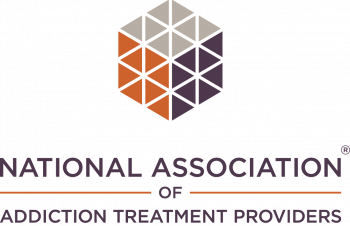Opioid abuse and addiction are destructive forces in the life of the person who is abusing opioids as well as their family, friends, and colleagues. Opioid abuse affects everyone in a person’s life. They are not only addictive, but they are disruptive to a person’s ability to fulfill basic everyday obligations, including work and personal life responsibilities. Addiction causes people to lose interest in their hobbies and distance themselves from loved ones. Early intervention is best, but it’s important to know that recovery is always possible.
At TruHealing Gaithersburg, our opioid addiction treatment provides comprehensive and compassionate care for people who want to overcome their opioid dependence. If you would like more information about the signs of opioid abuse to help a loved one, call us at (833) 625-0398 or fill out our convenient online form.
What Are Opioids?
Opioids are medications that are prescribed to treat acute or chronic pain. They can effectively relieve pain but pose a substantial risk due to their highly addictive nature. The risk of addiction increases when a person takes opioids to manage pain over a prolonged period of time.
Types of prescriptions opioids include:
- Fentanyl
- Codeine
- Hydrocodone
- Oxycodone
- Oxymorphone
- Morphine
Doctors tend to prescribe opioids in pill form. In a hospital setting, they can be safely administered in sensible doses intravenously. It is generally agreed that opioids should only be prescribed in cases of serious acute pain or very specific cases of chronic long-term pain. There are other methods of achieving pain relief that does not have the potential for addiction with opioid use.
Signs of Opioid Abuse
There are many common signs and symptoms of opioid dependence and addiction.
Signs of opioid abuse may include:
- Prioritizing the use of opioids
- Withdrawal symptoms when not using
- Cravings
- Increase in use
- Hiding amount of use
- Relationship issues
- Loss of interest
- Lack of responsibility
Tolerance can develop quickly, and addiction can catch a person by surprise. Withdrawal symptoms are unpleasant, and cravings cause those who have developed a dependency to seek more and more opioids just to feel normal. Often, people do not realize they have developed a dependency until it’s too late.
Withdrawal symptoms from opioids can include:
- Muscle and bone pain
- Feelings of restlessness
- Diarrhea
- Vomiting
- Insomnia
- Cold flashes
Withdrawal symptoms can be severe depending on the length and severity of the addiction. Some acute withdrawal symptoms can persist for years. In order to help people return to their baseline, supervised medicated-assisted detox or medicated-assisted treatment (MAT) may be required.
Why Prescription Opioids Can Be Problematic
Prescription drug addiction has become common. Since there has been more national and statewide attention to the opioid epidemic, doctors and pharmacists have begun to crack down on excessive scripts written for opioids. Opioid prescriptions are still used in certain circumstances because other pain medications are not effective are a person has a terminal illness. It’s important to be aware that if you have opioids in your household, there is a possibility that this could be a liability for a family member.
After undergoing surgery or as the result of a personal injury, someone may be prescribed opioids. Because it’s easy to develop a dependence or addiction to opioids, someone may accidentally develop a habit and seek more of the substance. Opioid addiction often begins with taking pills. When a person has developed a dependence or addiction and pills are unavailable, they may turn to illegal drugs. In many instances, people do not become addicted to opioids intentionally. Addiction often causes people to engage in risky behaviors and put themselves in unsafe situations. This is one of the many reasons it’s essential to break the cycle of abuse as soon as possible.
Overcome Opioid Abuse with Support from TruHealing Gaithersburg
Once a client has taken the brave steps to enter a recovery program for opioid addiction treatment, it may be necessary for them to undergo medically-supervised detox. At TruHealing Gaithersburg, our expert medical doctors and mental health practitioners work with each client on an individual basis to determine the most effective and sensible treatment plan for you and your loved ones.
Our TruHealing Gaithersburg team aims to provide our clients with the best possible recovery experience. That’s why our team of medical professionals provides a wide range of programs and services that are tailored to meet your individual needs and personal life circumstances. Reach out to us today online or at (833) 625-0398 to learn more about our treatment options for opioid or prescription drug abuse.









